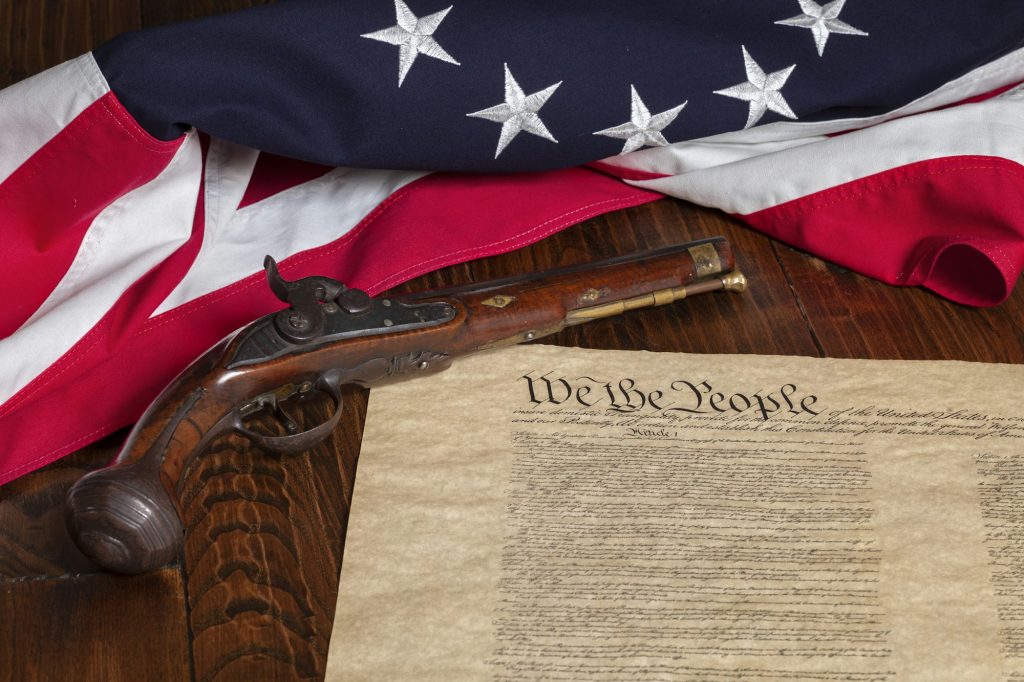
In the intricate landscape of the United States Constitution, the Fourth Amendment stands as a beacon of protection for citizens, safeguarding their right to privacy. This pivotal amendment reads, “The right of the people to be secure in their persons, houses, papers, and effects, against unreasonable searches and seizures, shall not be violated, and no Warrants shall issue, but upon probable cause, supported by Oath or affirmation, and particularly describing the place to be searched and the persons or things to be seized.”
Understanding Warrantless Searches
Despite the clarity of the amendment, there are scenarios where warrantless searches are deemed permissible. These include cases where individuals act suspiciously and may be searched for weapons, or when police may search a vehicle if they suspect it contains illegal items, based on the principle of probable cause. This was solidified in landmark cases like Carroll v. United States and further expanded in United States v. Ross, where the Supreme Court ruled that warrantless searches of automobiles, including compartments such as trunks or glove boxes, were legal United States v. Ross.
The Exclusionary Rule
The Fourth Amendment also enforces the exclusionary rule, where evidence obtained illegally without a warrant is inadmissible in court, as highlighted in Mapp v. Ohio. This principle underscores the importance of obtaining a warrant to prevent evidence dismissal unless there’s an immediate threat to safety.
The Patriot Act and Privacy Rights
Post-9/11, the Patriot Act was enacted to combat terrorism, introducing measures that significantly impacted privacy rights. However, in ACLU v. Clapper, the Second Circuit Court found that the NSA’s collection of telephone metadata under the Patriot Act violated Section 215, highlighting a contentious debate on privacy rights ACLU v. Clapper. Senator Rand Paul notably remarked, “simply owning a cell-phone does not mean you forfeit your constitutional rights” End NSA Spying.
Conclusion
The Fourth Amendment serves as a crucial shield for American citizens, ensuring their privacy rights are not infringed upon without just cause. As technology and societal norms evolve, so too will the interpretation and application of this amendment. It is paramount that as a society, we remain vigilant, ensuring that our privacy rights are preserved in the face of changing legislation and technological advancements.






